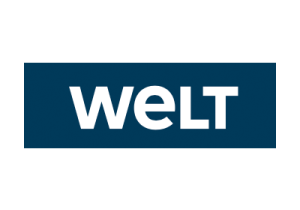Energy Business Review: European Parliament votes to have about 30% of renewable energy by 2030
Members of the European Parliament (MEPs) have voted in favour of increasing the European Union’s target for renewables to about 30% by 2030.
The present target of 27% of renewable energy was set in October 2014. This resolution has no direct legislative impact on member nations.
But, the European Parliament believes that it can send a clear message to the European Commission (EC) to come up with new plans and agenda for renewable energy for the coming decade, which could be announced later this year.
Members of European Parliament also stressed that the EC should overlook the progress of member European nations and their progress in achieving the set targets.
It was stressed that the EC should also impose measures on member countries which deviate from the target and/ or take up counterproductive actions in the deployment of renewables.
Apart from this, it was remarked that the commission should assign targets for renewables for each member nation and to ensure that they stick to the commitments.
By using all existing funding schemes effectively, assurance of capital must be given so as to achieve the present targets by 2020.
EPP, DE rapporteur Markus Pieper said “Our concern is that we deal with a lot of overlapping EU legislation and obstacles due to national energy policies. As a result, more and more burdens fall heavily on energy consumers.
“Therefore, we need a much better coordination within the European Commission and with national energy policies. We ask the Commission to ensure that European and national renewable development objectives do not hinder each other.”
Members of European Parliament also said that the Renewable Energy Directive should foresee measures promoting and encouraging investments in areas of self-generation and self-consumption of energy. MEPs said that more integrated markets are essential for the development of renewables and to reduce energy costs.
MEPs called on EU to invest more in information and support programmes in member-states the can help increase participation in current local energy efficiency schemes and to promote new technical developments in areas such as refrigerators, lighting and insulation.
They also called upon consumers to play an active role in increasing energy efficiency through refurbishing buildings with district heating and cooling schemes. They also noted that buildings being fitted with energy efficiency devices should be given priority to help energy-poor residents.
The European Parliament believes that by setting up national benchmarks can come as strong, robust and transparent governance system that guarantees Europe can meet its present 27% target.




